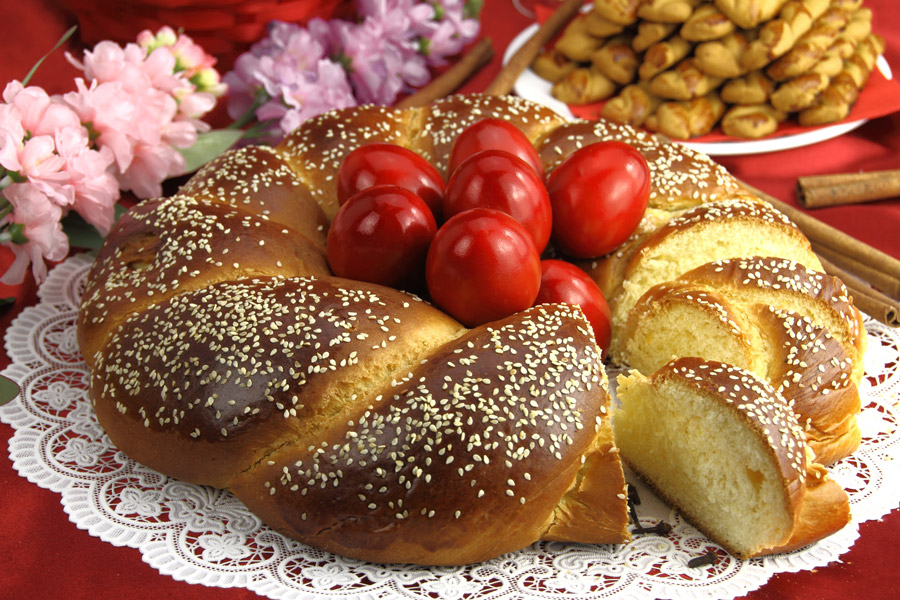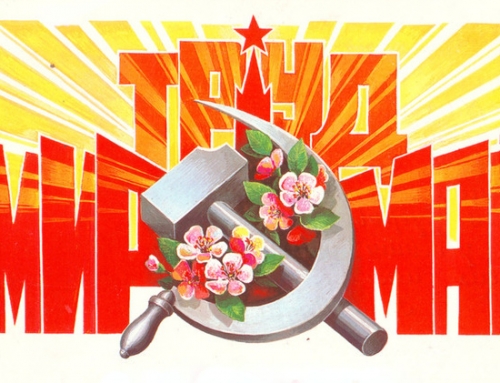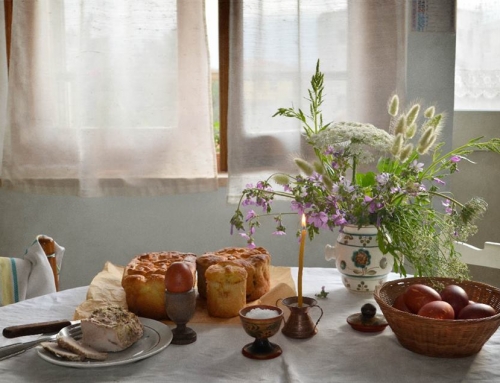In just about three weeks Christians will celebrate Easter, or Pascha as it is known in many Eastern European parts of the world. So what’s the difference? And why is Easter always celebrated on Sunday?
This week, we explore Easter as a symbolic Salute to Spring.
Pascha or Easter: East meets West
There are numerous theories on the origins of the word ‘Easter.’ Specifically, why in Western (Anglo-Saxon) Christianity Resurrection Sunday become known as Easter. By contrast, in Eastern Orthodoxy, the Holiday is still called Pascha originating from the Jewish word Pesah meaning ‘Passover.’
According to a seventh-century English monk and historian, St. Bede (The Venerable), the word Easter derives from the Anglo-Saxon goddess of new life and fertility called Eostre. Often associated with Spring, pagans honored the goddess around the vernal equinox – a special time in Spring when day and night are about equal length all over the world.
It’s worth noting, in Greek (as well as French, Italian, Spanish and other European languages) the official word for Easter is some form of Pascha. One reason may be that while Jesus Christ was alive neither he, nor any of his followers, spoke English, let alone visited what was to become England. He spoke Aramaic and his sayings were later recorded by disciples in both Aramaic and Greek.
Because all early followers of Jesus were Jews, it makes perfect sense that the words they used to describe Jesus’ crucifixion and later Resurrection was directly related to the Passover Feast that he and his disciples were celebrating in Jerusalem. At the time, and to this day, Passover remains one of the most important Jewish festivals commemorating the exodus of ancient Israelite from slavery in Egypt.
Easter Sunday
For centuries Easter has been celebrated exclusively on Sundays, marking the Resurrection of Christ according to Christian tradition. But that wasn’t always the case. In fact, there was a fair amount of misunderstandings and disagreements surrounding the establishment of an official date for Easter.
Some elders believed that Easter should be based on the timing of the Jewish Passover, while others thought that it should fall on a Sunday because they believed Jesus to have Risen on a Sunday. Around 325 AD, the Council of Nicea once and for all decided that Easter would be celebrated on Sunday, following the first full moon after the vernal equinox. That is why Easter (and Passover) occur either earlier or later each Spring.
Easter Eggs
Brightly colored Easter eggs have become integral to any celebration of Easter. Many cultures hold the egg as a sacred symbol of new life, fertility and rebirth. In Eastern and Western cultures, the tradition of painting hard-boiled eggs during springtime dates back to ancient Egyptians, Greeks, Romans, Phoenicians and even Hindus. During the Iranian holiday Norooz (or Nowruz), for example, the Persian New Year is celebrated with colorfully dyed eggs.
In Christian tradition, particularly in Orthodox and Eastern Catholic cultures, Easter eggs are dyed red to represent the blood of Jesus. The eggs are then taken in a basket, along with a kulich, to Church to be blessed by a priest during Easter mass.
Decorative eggs became a hot commodity in 16th century France where it was customary to exchange elaborate Easter Eggs with friends and family. The high point for egg-shaped treasures came around 1860s with the introduction of stunning golden eggs bedazzled with jewels created by a Russian goldsmith, Peter Carl Faberge. The first batch of Faberge eggs were gifted by the Russian Czars and bore the Romanov family crest.
You can get your very own Faberge-style decorative eggs while they last at RussianFoodUSA.com.






